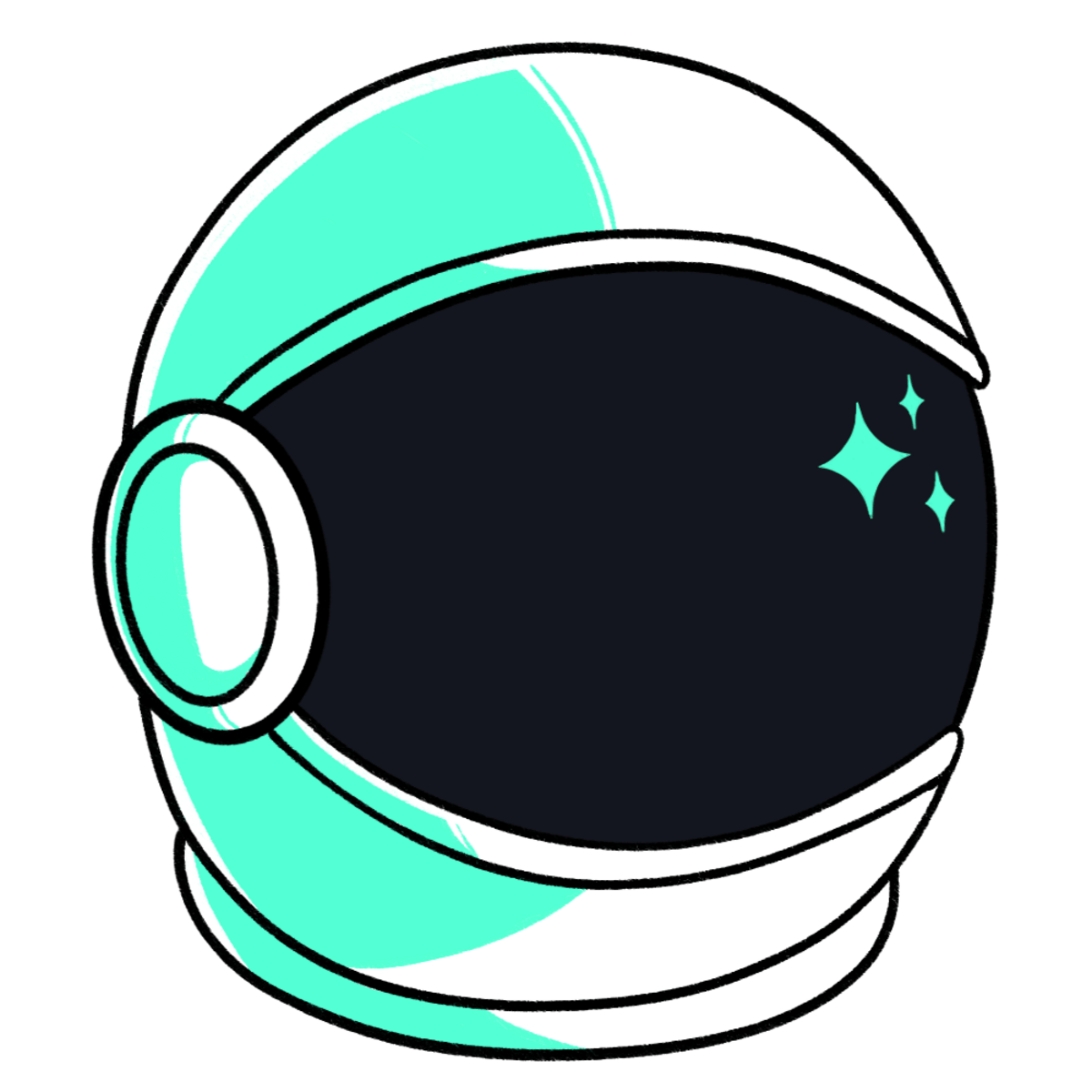OpenAI just launched “Company Knowledge,” a new feature that lets ChatGPT securely search across all your team’s apps like Slack and Google Drive. It essentially turns the AI from a general assistant into a private search engine for your own internal data - giving the Chat more context to help you work more efficiently.
The real value is making all that siloed company knowledge instantly accessible. Instead of manually searching scattered documents, your team can get quick answers to fuzzy questions about projects, goals, or internal processes.
Topics of the day:
ChatGPT searches your company workspace
OpenAI's move into AI music generation
Security risks in new AI browser agents
Google’s new ‘vibe coding’ for apps
The Shortlist: Lumen and Palantir’s $200M partnership, Dropbox’s new AI teammate, fake expense scandals, and Google’s dominance in AI media tools.

ChatGPT can now search your company's data
What’s happening: OpenAI launched “Company Knowledge,” a new feature that lets ChatGPT securely search across all your company’s apps like Slack, Google Drive, and SharePoint. It transforms the AI into a private, conversational search engine for your internal data.
In practice:
You can instantly automate meeting prep by asking ChatGPT to create a briefing using recent Slack messages and client emails, here’s a quick demo of how it works.
Get answers to fuzzy questions like “what were our Q3 marketing goals?” without having to manually search scattered documents across different platforms.
New hires can get up to speed faster by asking about internal processes or project history, dramatically cutting down onboarding time.
Bottom line: This turns ChatGPT from a creative assistant into a core business intelligence tool. It makes all that siloed company knowledge instantly accessible and useful for your team.
OpenAI sets sights on music generation
What’s happening: OpenAI is quietly building a text-to-music generator (paid article), getting ready to take on successful AI music startups like Suno and Udio with its own tool for creating custom audio.
In practice:
You can automate the creation of royalty-free background music for social media videos, podcasts, or presentations, saving time and licensing fees.
Product teams can use it to instantly generate placeholder audio for app notifications, game soundtracks, or video demos, speeding up the creative prototyping process.
This move follows competitors like Suno who nearly quadrupled revenue (paid article) to $150M, showing the huge demand for accessible AI music tools.
Bottom line: Generative AI is quickly becoming a full-stack creative toolkit, moving far beyond just text and images. This makes it easier and cheaper for anyone to produce high-quality, custom content without needing a studio.
AI browser agents pose new security risks
What’s happening: Security researchers are warning that the new wave of AI browser agents has major security risks. Malicious websites can use hidden prompts to trick these AI assistants into stealing your data or performing actions on your behalf.
In practice:
If you connect an AI agent to your work accounts, a hijacked agent could leak sensitive company data from your email or CRM.
The promise of automating browser tasks is real, but for now, you must supervise the agent and be careful about which websites it visits.
The safest use case today is for low-stakes research on public websites, not tasks involving logins or financial information.
Bottom line: These agents show the future of automation, but they aren't ready to be handed the keys to your business. Treat them like a new intern by starting them on low-risk tasks and double-checking their work.
Google introduces 'Vibe Coding' for AI apps
What’s happening: Google's AI Studio introduced 'vibe coding', a new feature that turns a simple text description into a working, multi-modal AI application, no complex coding required.
In practice:
You can rapidly prototype internal tools, like an image-tagging app for marketing assets, by just describing the functionality you need.
It dramatically cuts the time from idea to a working MVP, letting you and your team test new concepts in hours instead of weeks.
This allows non-coders on your team to build and test niche AI features, finding new ways to add value for customers.
Bottom line: Google is turning app development into a conversation, removing the technical hurdles between your idea and a functional prototype. This means more people can now build and test AI-powered solutions for their specific business challenges.
The Shortlist
Lumen announced a $200M+ partnership with Palantir to help enterprises deploy AI faster in complex multi-cloud environments, simplifying data movement and reducing costs.
Dropbox rolled out Dropbox Dash for Teams, a new context-aware AI assistant that connects and searches across all your work apps, promising not to use customer content for model training.
Expense platforms report (paid article) a major surge in AI-generated fake receipts, with 70% of CFOs now believing employees are using AI to falsify expenses, creating a new challenge for internal fraud detection.
A new survey from Artificial Analysis reveals Google’s Gemini and Veo are dominating generative image and video use, and that 65% of organizations are seeing ROI on their AI media efforts within 12 months.
This newsletter is where I (Kwadwo) share products, articles, and links that I find useful and interesting, mostly around AI. I focus on tools and solutions that bring real value to people in everyday jobs, not just tech insiders.
Please share any feedback you have either in an answer or through the poll below 🙏🏽

